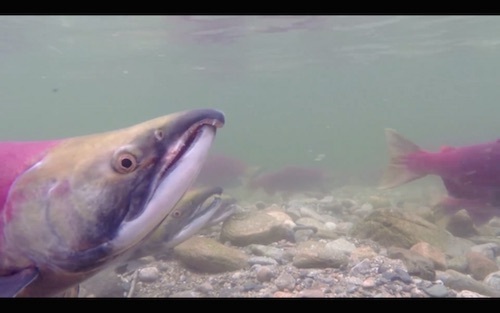Discovery Institute's Blog, page 143
July 27, 2015
Does Human Exceptionalism Require Intelligent Design?
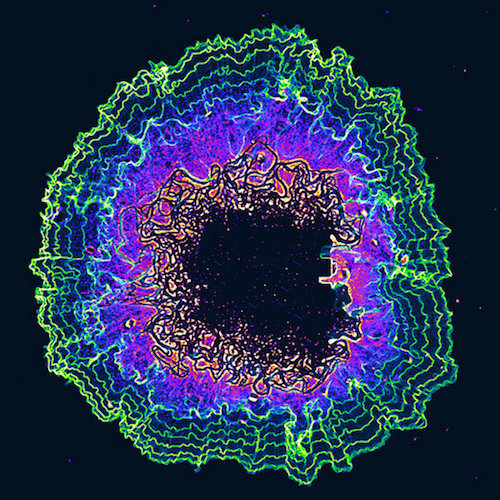
Our friend and colleague Wesley Smith's work is not only brilliant and full of tireless moral energy, he also makes you think. His current article at First Things, "More than 'In God's Image,'" raises a provocative question. Can the belief in humanity's exceptional status in the cosmos be sustained on the basis of "blind evolution," just as it can on the basis of intelligent design?
Wesley says yes:
A belief in human exceptionalism, on the other hand, does not depend on religious faith. Whet...
July 26, 2015
How the Sockeye Salmon Smells Its Way Home
Revealed in the upcoming Illustra documentary Living Waters: Intelligent Design in the Oceans of the Earth, one of the wonders of the hidden world of the seas is the way salmon smell their way home from the ocean to the stream where they were spawned. How do they do it? Click on the image above for a preview clip from the film, featuring fantastic animation sequences.
Living Waters will have its Northwest premiere on August 7 at Seattle's McCaw Hall. We hope to see you there! More informatio...
July 25, 2015
Debating Darwin's Doubt: Casey Luskin on Charles Marshall's Review in Science
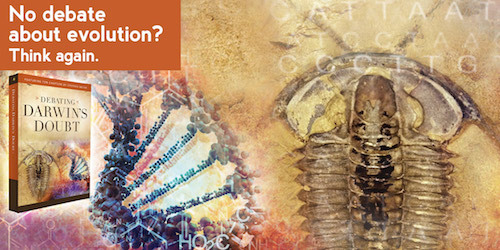
Continuing our series at ID the Future on the release of Debating Darwin's Doubt, Sarah Chaffee interviews Casey Luskin, Research Coordinator at the Center for Science & Culture and contributor to the newly released volume on the critical response to Stephen Meyer's book.
Luskin discusses Charles Marshall's review in the journal Science, exploring developmental gene regulatory networks and the origin of new biological information.

Remember, for a limited time, you can get Debating Darwin'...
July 24, 2015
More than "In God's Image"
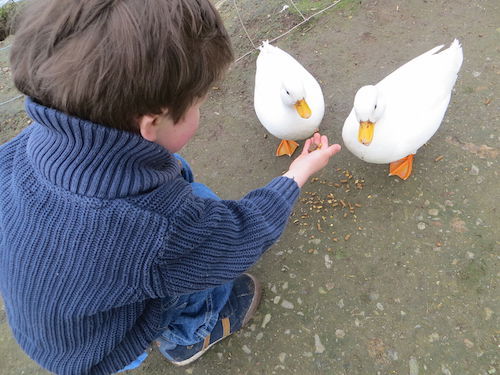
I feel the continual need to defend the value of human life simply and merely because it is human. Why? Among other reasons, human exceptionalism is the necessary predicate to universal human rights and equality. If we don't have objective value, then who matters and who doesn't depends on who gets to decide which subjective criteria provide which people (or animals) with the highest value.
Too many defenders, in my view, resort to religious assertions in the cause of human worth. That is fi...
For the Origin of Life, on Earth or Elsewhere, "Ingredients and Conditions" Aren't Enough
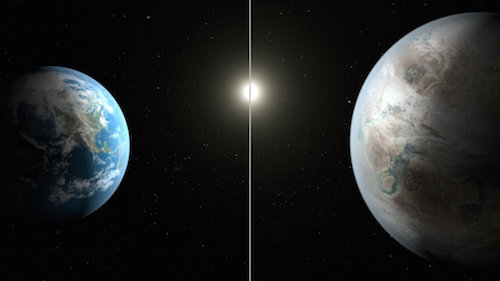
You carefully set out the implements and ingredients on the kitchen counter. Two cans of tuna, bag of egg noodles, block of Cheddar cheese, onion, frozen green peas, condensed cream of mushroom soup, can of sliced mushrooms, a cup of potato chips (for the topping).
Lined up at the ready, a mixing bowl, baking pan, and a pot with water for the noodles. Also a can opener, a grater for the cheese, colander for the pasta, cutting board and knife to chop the onion. Set one burner to high, and the...
Cell Vesicles Wear Sophisticated Coats
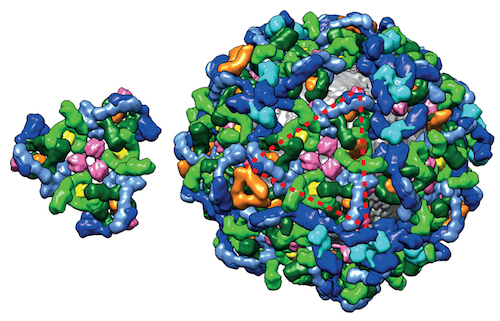
Envision a day when self-driving cars make driving obsolete. Now, imagine a far-future day when you don't even have to get in the car. Instead, as you walk out the front door, a car assembles around you, lifts off the ground, floats you to your destination, then disassembles in anticipation of picking up the next passenger. Something like this actually happens in living cells. According to news from the European Molecular Biology Laboratory (EMBL):
Researchers at EMBL Heidelberg have produce...
July 23, 2015
Debating Darwin's Doubt: Casey Luskin on the Classification of Organisms

Debating Darwin's Doubt is out now and in a series of podcasts for ID the Future we'll be reviewing some of the sources of controversy around Stephen Meyer's book, Darwin's Doubt.
On this first episode, Sarah Chaffee interviews Casey Luskin, Research Coordinator at the Center for Science & Culture and a major contributor to the new book. Luskin unpacks our responses to critic Nick Matzke, exploring the classification of organisms, cladistics, and the origin of arthropods.

Remember, for a...
"Smart Mouse" Is Proof of Human Exceptionalism
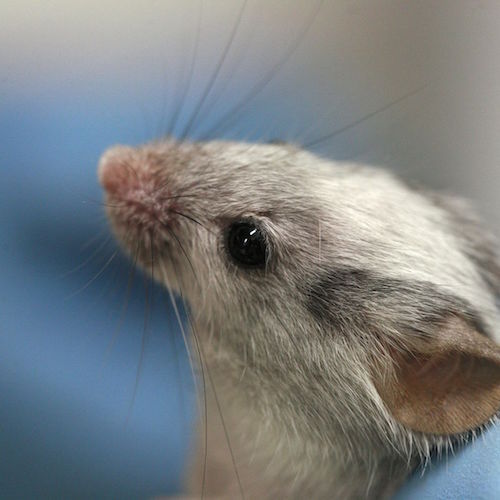
The cry is out in the land: Humans are not exceptional! But if we are not exceptional, why are we the measure of highest moral value?
The latest example is genetically engineering mice to have human brain cells, raising the potential of future ethical issues. From "When Does a Smart Mouse Become Human," in The Scientist:
One unexpected outcome of the team's research, published in the Journal of Neuroscience (34:16153-61), was that these human-mouse chimeras outperformed normal mice almost fo...
A Mathematician's View of Evolution

Editor's note: Chapter 2 in Dr. Sewell's new book In the Beginning and Other Essays on Intelligent Design (2nd edition) originated as an Opinion piece published in 2000 in The Mathematical Intelligencer, Volume 22, number 4, pp. 5-7 (used with permission from Springer). We present the accepted manuscript below; the final publication is available here.
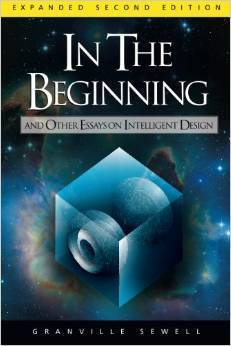 In 1996, Lehigh University biochemist Michael Behe published a book entitled Darwin's Black Box (Free Press), whose central theme is that ever...
In 1996, Lehigh University biochemist Michael Behe published a book entitled Darwin's Black Box (Free Press), whose central theme is that ever...
July 22, 2015
Cardiovascular Function Is Irreducibly Complex...But That's Not All

Editor's note : Physicians have a special place among the thinkers who have elaborated the argument for intelligent design. Perhaps that's because, more than evolutionary biologists, they are familiar with the challenges of maintaining a functioning complex system, the human body. With that in mind, Evolution News & Views is delighted to present this series, "The Designed Body." Dr. Glicksman practices palliative medicine for a hospice organization.
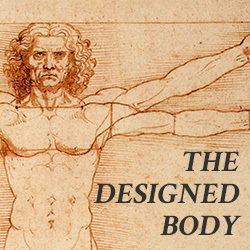 In the last two articles in this series (he...
In the last two articles in this series (he...
Discovery Institute's Blog
- Discovery Institute's profile
- 15 followers


